First Blood: How Sylvester Stallone took over Hollywood
July 11, 2016 By Go BackThe iconic image of Sylvester Stallone as Rocky may have begun his career as a leading man, but it wasn’t until 1982’s First Blood that he was taken seriously as a box office behemoth, leading him to star in 13 movies throughout the 80s.
Rocky may have won Stallone two Oscar nominations and public favour, but he still had an uphill battle to win over Hollywood. His voice, his athletic look and unabashed Italian-Americanness immediately typecast Stallone, and he couldn’t get roles beyond jocks and toughs. Stallone knew if his acting was going to be taken seriously, he’d have to create roles for himself. After writing Rocky, he went on write F.I.S.T, Paradise Alley and two Rocky sequels before he found the perfect role to flex his performance muscles: The haunted Vietnam War veteran John Rambo, from David Morrell’s novel First Blood.
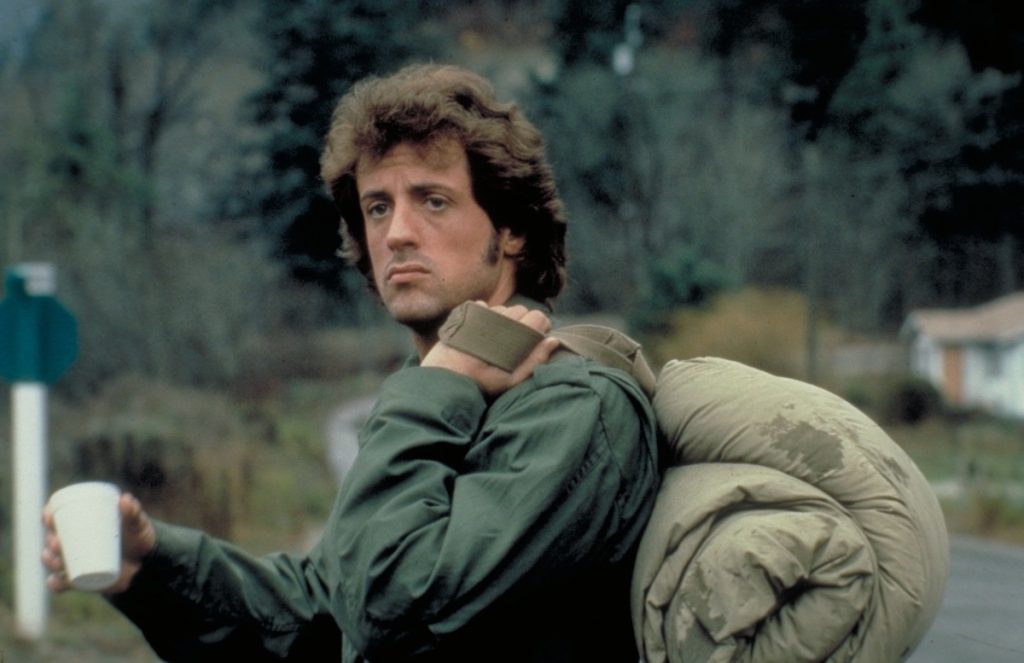
Even though the Vietnam War had ended in 1975, and movies like Apocalypse Now had shown the horrors of the war, very few films had dealt with the lasting effects the war had on its veterans. Rambo might not seem like the kind of nuanced character to bring these issues to light, but First Blood is undeniably one of the first major movies to directly tackle the lasting emotional effects many Vietnam War veterans experienced, as well as the cool reception they received from an American society desperate to move on from the war.
Compared to the bold, brash Rocky Balboa, John Rambo is a quieter, more contemplative character. It’s hard to imagine Sylvester Stallone being traumatized by anyone, but Stallone sold it. He turned a returned soldier into a compelling character, proving he could bring both sympathy and an aggressive physicality to a character. Add to that a $125 Million box office (topped that year only by heavy hitters like E.T, Poltergeist, and Stallone himself in Rocky 3), Stallone proved he was more than a one-trick pony.
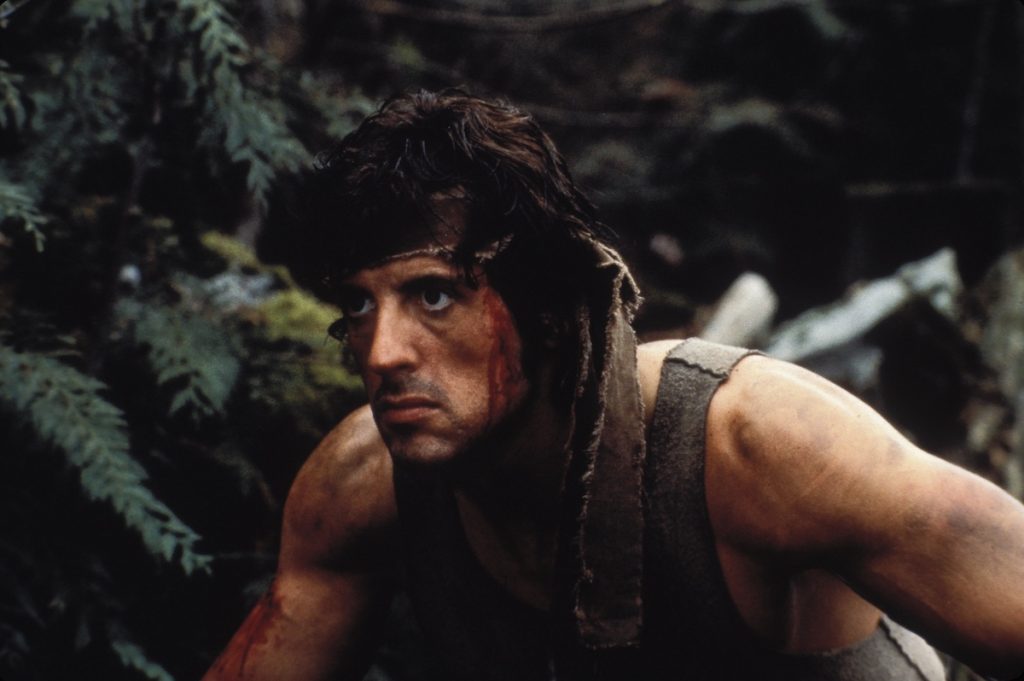
In its way, First Blood was a last gasp of apologetic Carter-era politics trying to make up for the mistakes of the 1970s. But 1982 was a year into Reagan’s administration, and as Stallone’s Rambo franchise continued through the decade, the character went from a quiet, sad, non-violent man to something that was more suited to the time – a super soldier. In sequels, Rambo went back to Vietnam to kick ass and he, along with Rocky, turned his talents against the Soviets – the #1 boogeyman of the Reagan years
By the time the 90s came around, Stallone could still open a movie, but his persona seemed too linked to the Reagan era, and his star faded. It wasn’t until his recent successes with The Expendables (written and directed by Stallone) and the Rocky reboot Creed that he was able to reinvent himself once again, wisely playing into those “relic of another era” throwback feelings, and managed to regain some of the popularity and critical acclaim of his early career.






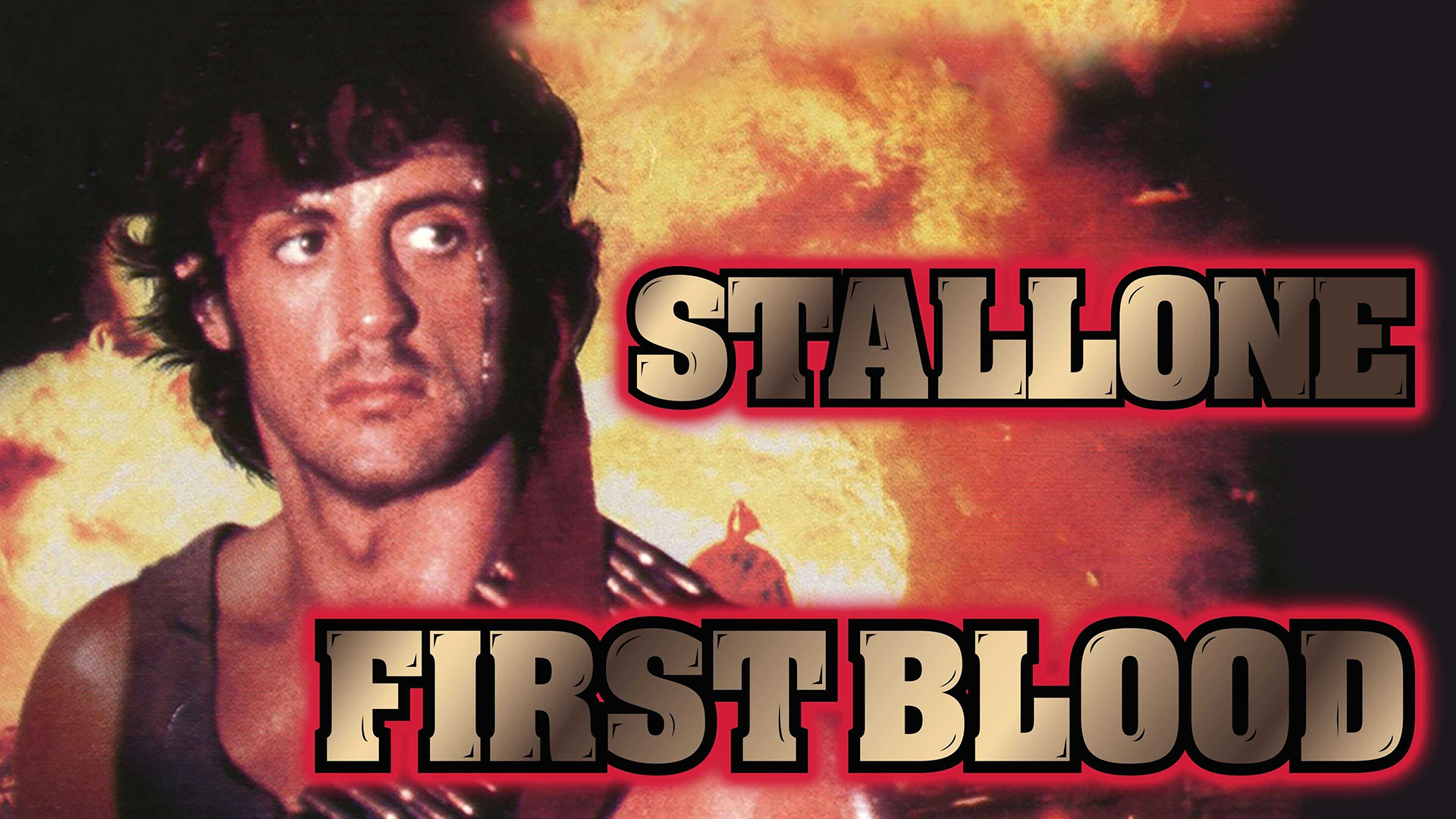
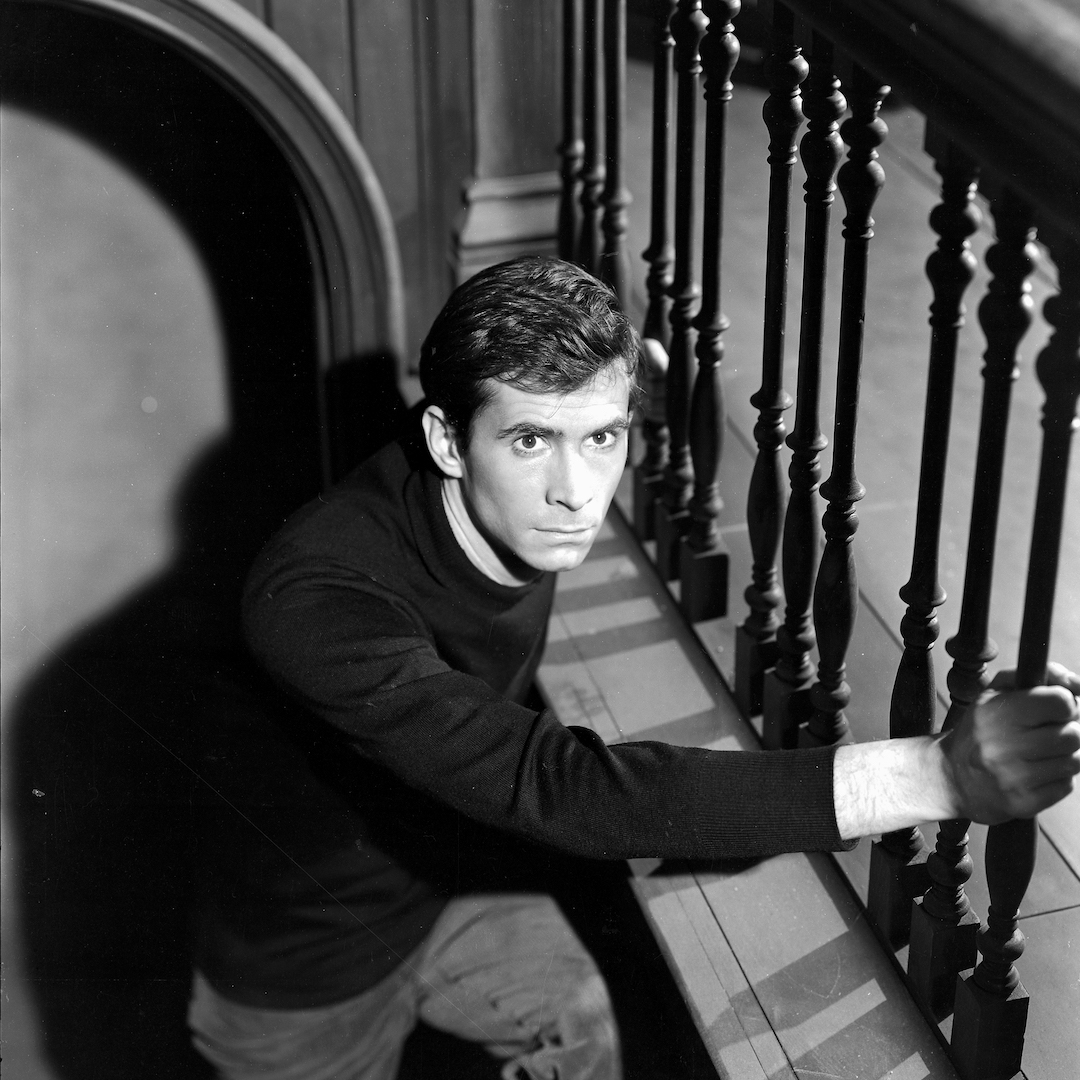
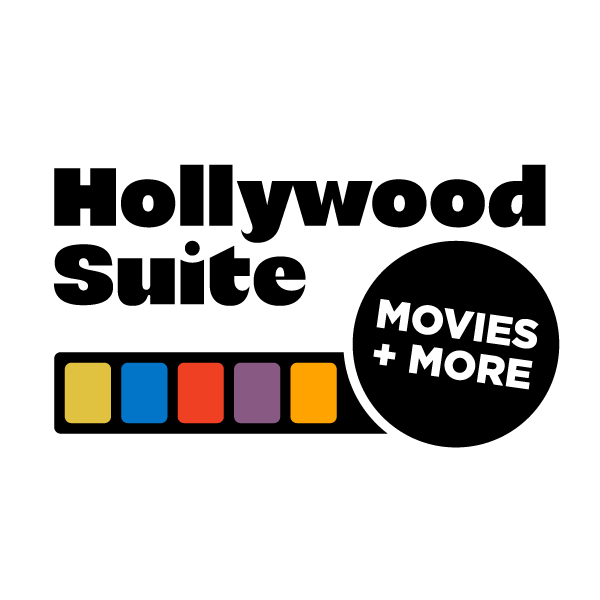



 Follow us on Instagram
Follow us on Instagram